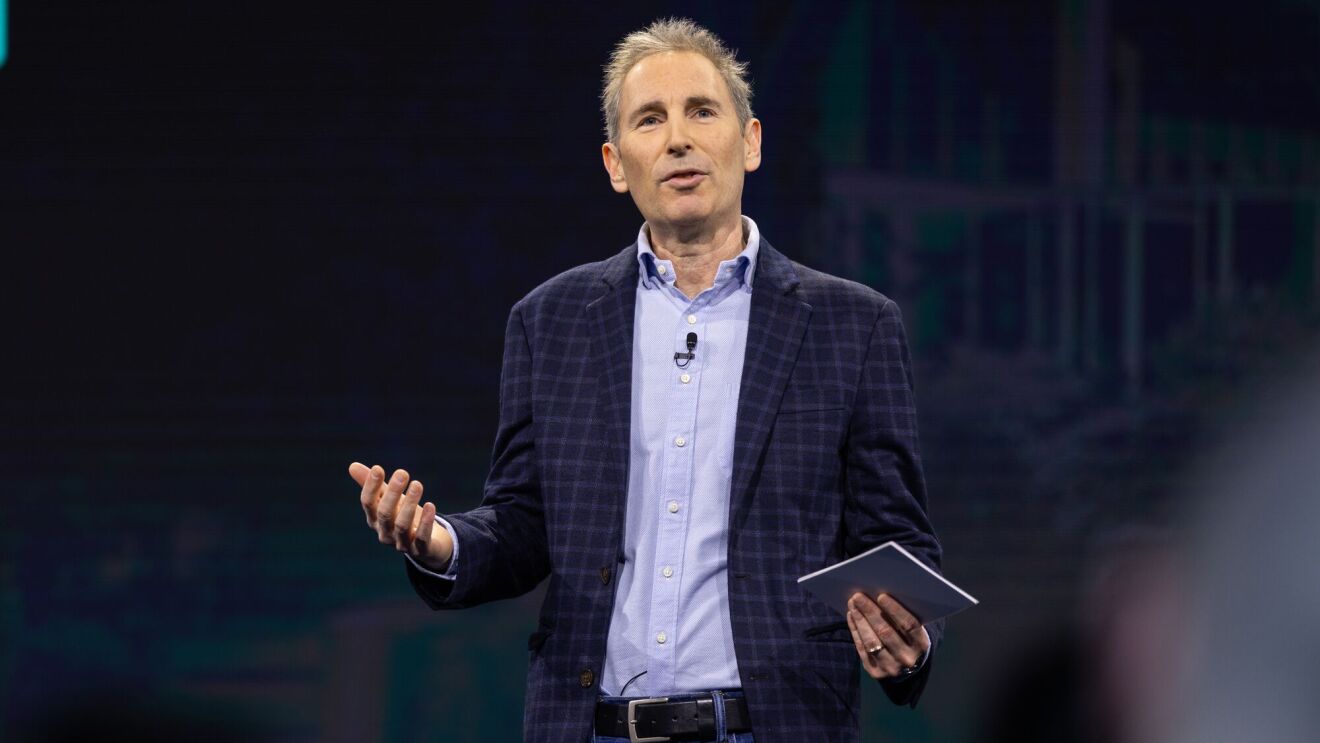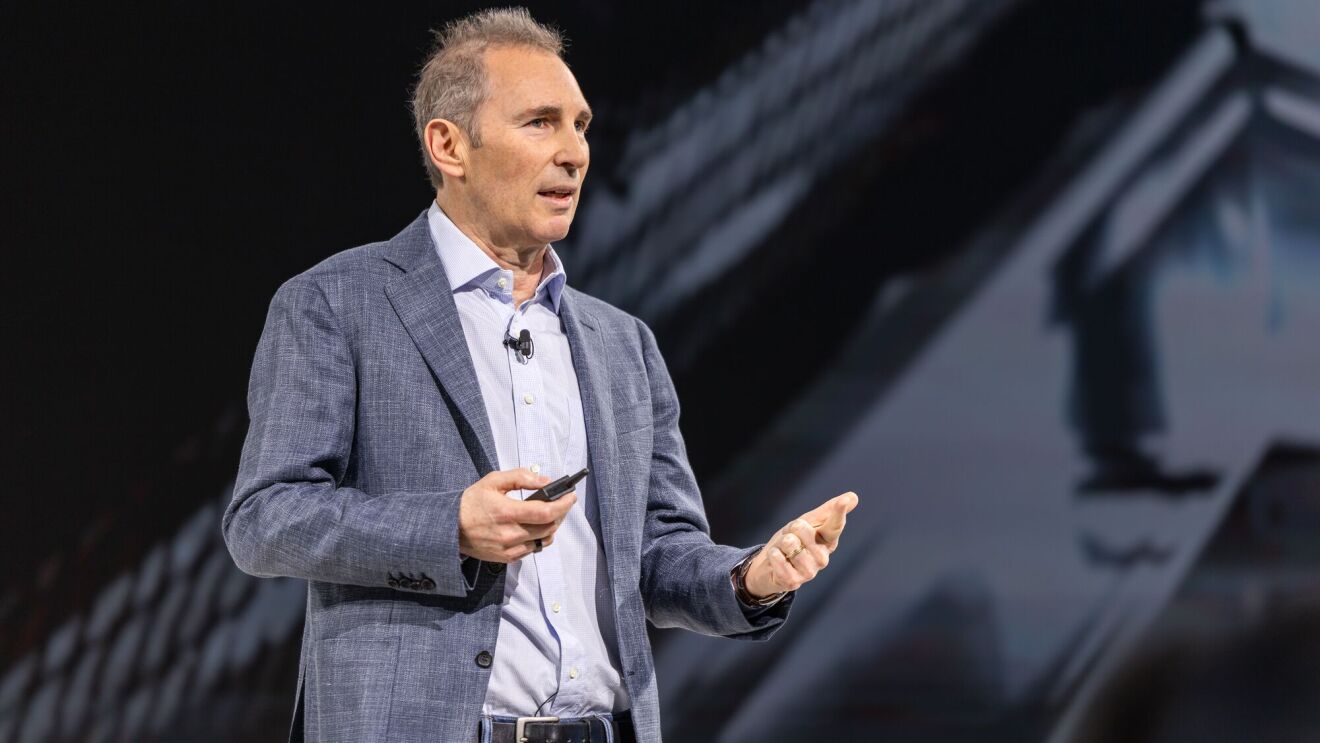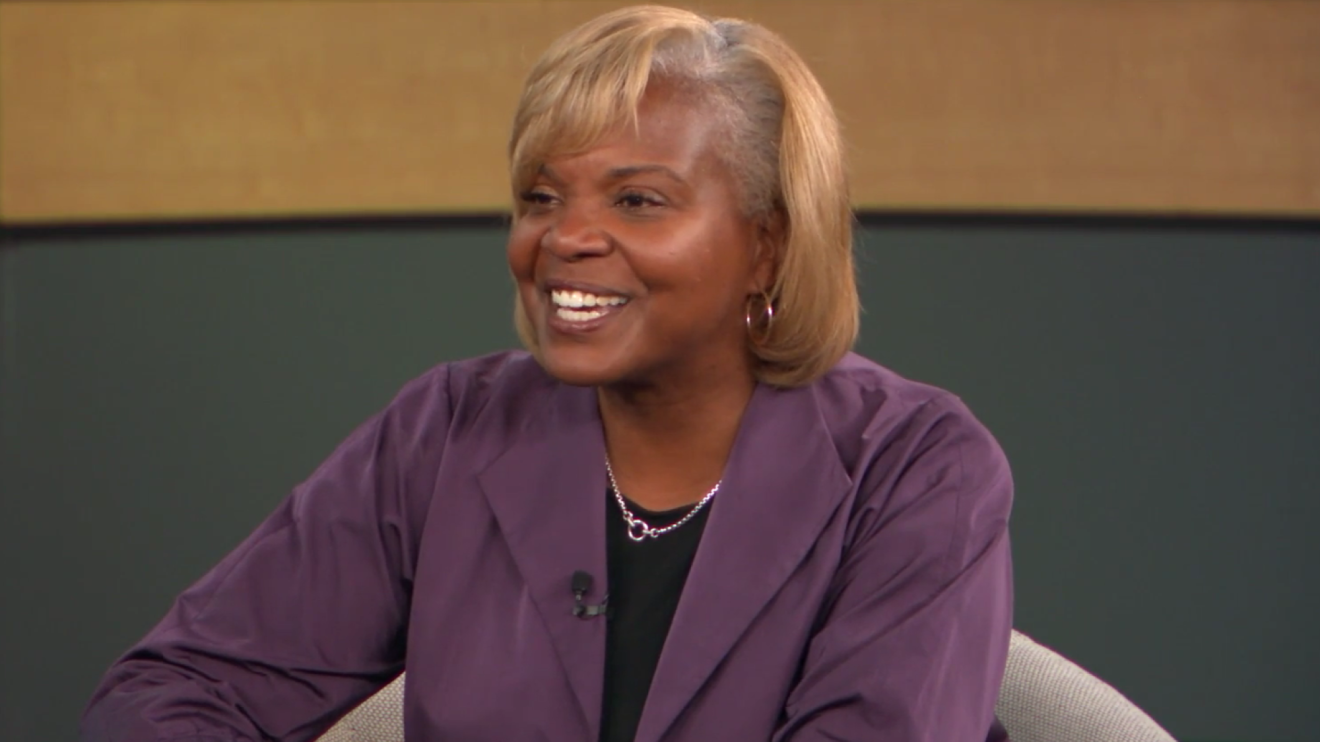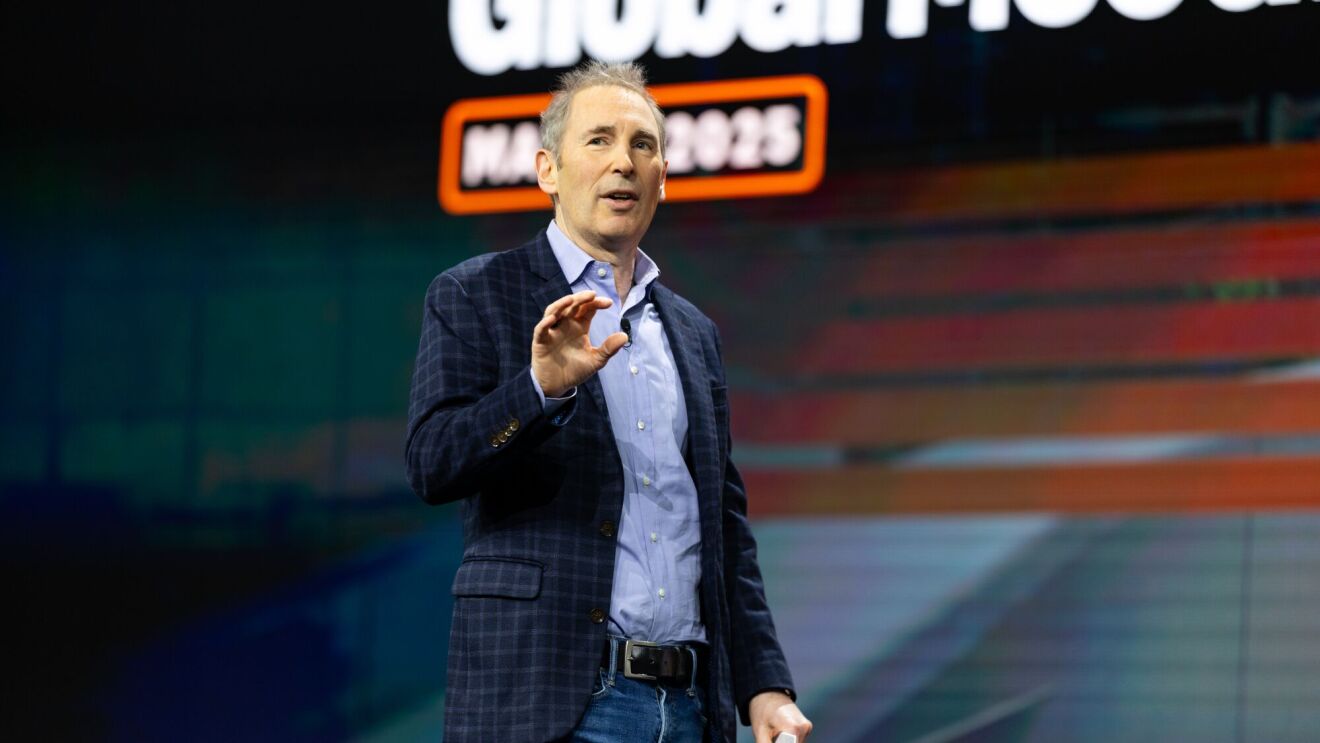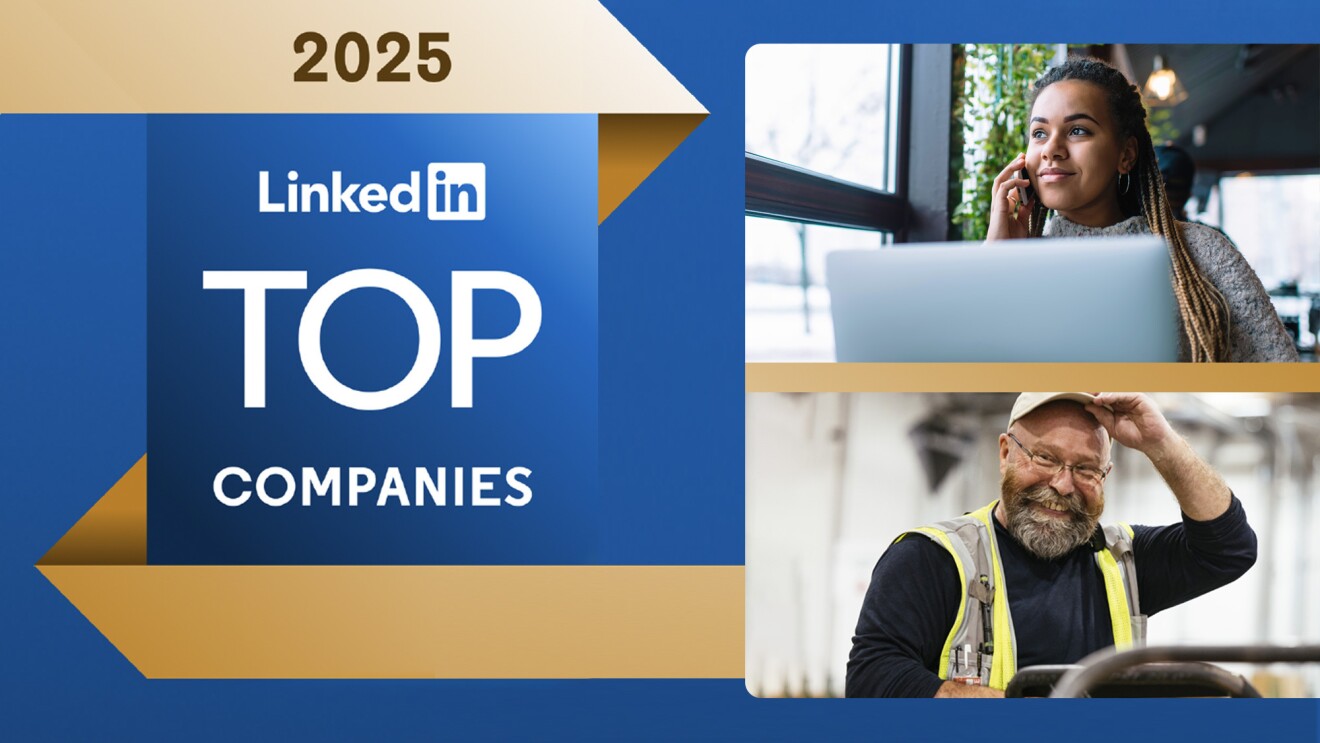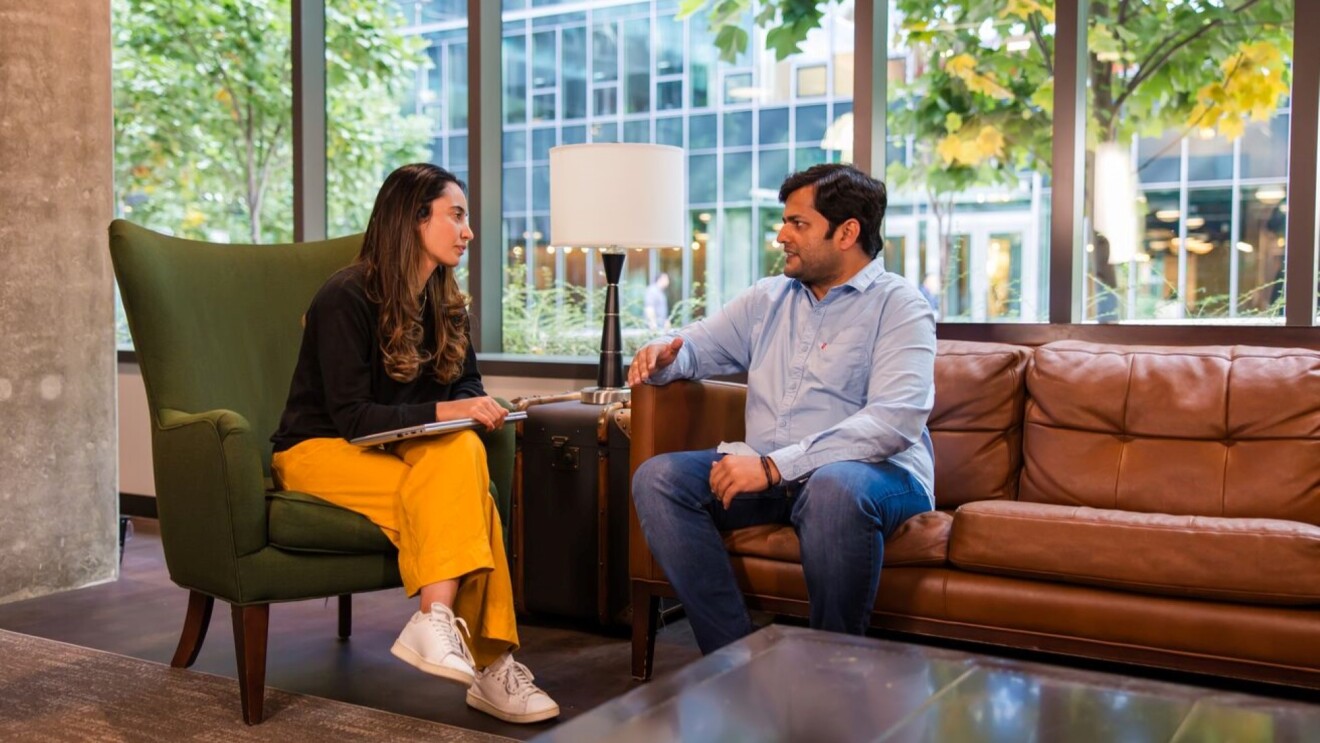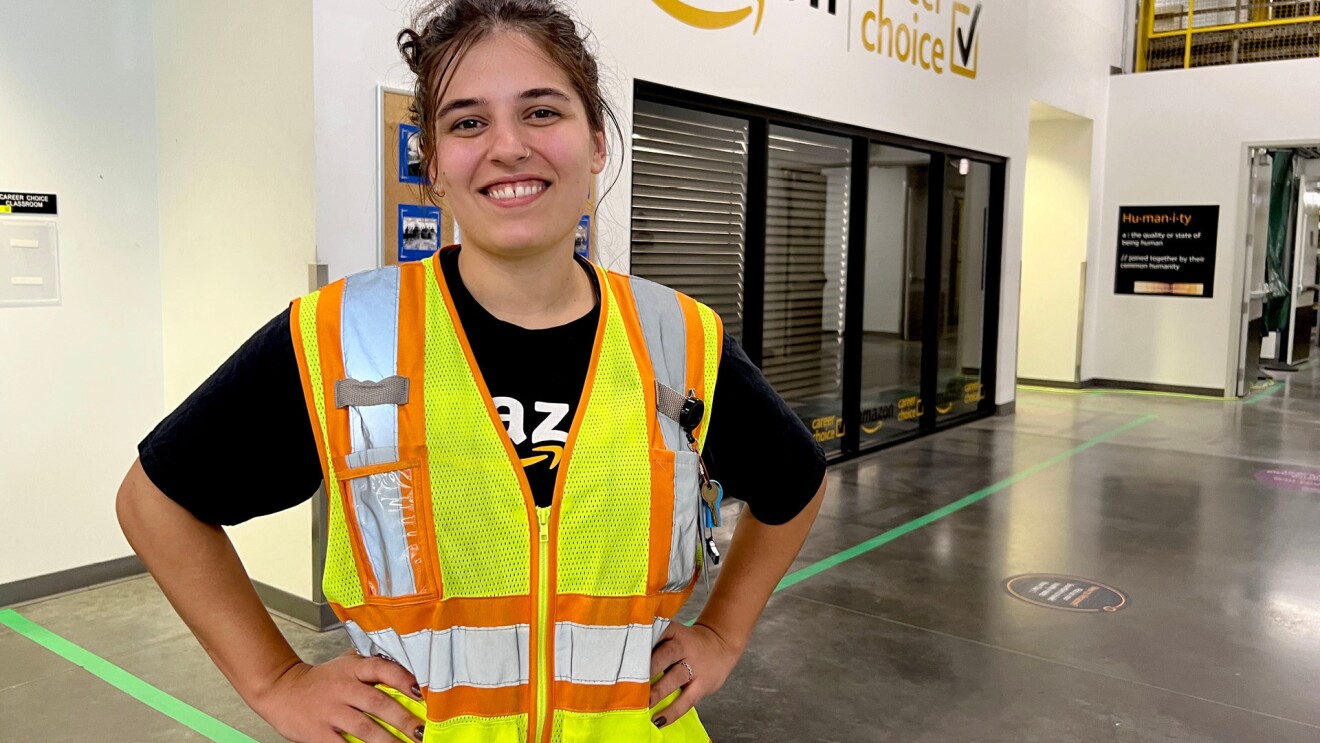The job requires you to work alongside hip-hop superstars, listen to new songs and artists while on the clock, and create some of the most exciting partnerships in the music industry. Sound like a dream job? For Timothy Hinshaw, it's definitely a dream role—and so much more.
“The hip-hop music I loved growing up was poetic conversations about the tough things people have gone through in life,” said Hinshaw, head of hip-hop and R&B for Amazon Music. “Hearing rappers talk about feelings struck a chord with me as a kid who grew up in a rough environment, where talking about your feelings was not necessarily encouraged. I know how important it is for kids living in areas like where I grew up to hear those words from people who come from those same areas, and that’s what I’m in this industry to do.”
In his role, Hinshaw helps our customers discover new music and hear from their favorite artists in new ways. From podcasts to Prime Video features, Hinshaw identifies opportunities and facilitates deals that bring both established and up-and-coming artists closer to their fans across all parts of Amazon.
We had the opportunity to meet with Hinshaw to talk about his impressive career in the music industry and how his team has helped customers celebrate Black Music Month. Check out the Q&A to learn more about Hinshaw and his work at Amazon.
Q: You’ve worked with some of the biggest names in hip-hop over the course of your career. Any stories you can share?
One of my favorite memories is the last time I saw Mac Miller, who was a really good friend of mine. It was his last performance right when the album Swimming was released. I remember walking in and we made eye contact, and he gave me a salute then kept performing. I walked in the dressing room with his manager, Chris Clancy, and DJ Dahi after the show, and you could see the joy on his face. He said it was his best show in a long time. Seeing him excited about the energy he felt on stage and the way the crowd was reacting to the music made me so happy. I’ll never forget that night.
One of my favorite memories is the last time I saw Mac Miller, who was a really good friend of mine. It was his last performance right when the album Swimming was released. I remember walking in and we made eye contact, and he gave me a salute then kept performing. I walked in the dressing room with his manager, Chris Clancy, and DJ Dahi after the show, and you could see the joy on his face. He said it was his best show in a long time. Seeing him excited about the energy he felt on stage and the way the crowd was reacting to the music made me so happy. I’ll never forget that night.
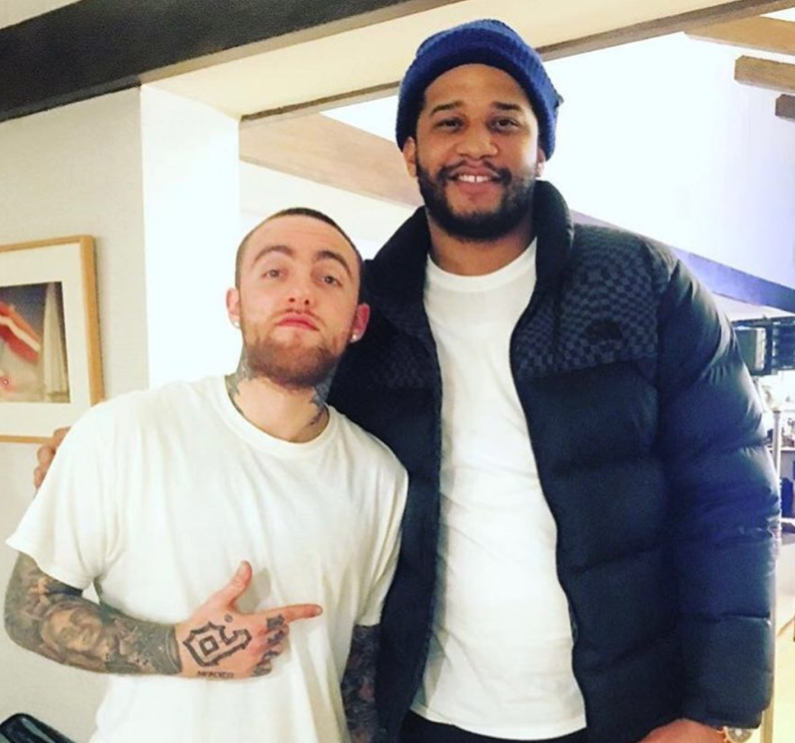 Hinshaw and Mac Miller pictured the day after Miller's 25th birthday.
Hinshaw and Mac Miller pictured the day after Miller's 25th birthday. Q: How do you balance personal preference and customer interests in your search for new music and artists?
I'm constantly searching the internet trying to listen to new songs and artists—not just from a professional perspective, but from the perspective of a true fan. I also use music charts to better understand what our customers want to hear. There are different metrics we can use to find out which artists and songs customers are searching most frequently, and that information helps us learn more about what our customers want to hear. Before streaming, if radio DJs didn’t like a song, you might not get to hear it. Now, even if I don’t like a song personally, I have to pay attention to it if it’s what my customers are telling me they want to hear. There's essentially no gatekeeper between the fan and the music now, and I think that’s great.
I'm constantly searching the internet trying to listen to new songs and artists—not just from a professional perspective, but from the perspective of a true fan. I also use music charts to better understand what our customers want to hear. There are different metrics we can use to find out which artists and songs customers are searching most frequently, and that information helps us learn more about what our customers want to hear. Before streaming, if radio DJs didn’t like a song, you might not get to hear it. Now, even if I don’t like a song personally, I have to pay attention to it if it’s what my customers are telling me they want to hear. There's essentially no gatekeeper between the fan and the music now, and I think that’s great.
Q: What is the most exciting thing about working with Amazon Music?
I think the most exciting thing is the opportunity we have to actually help artists build businesses. There are artists who obviously create dope music, but they're also tapping into film and fashion. With Amazon, my team can help them build a brand by working on all those different things. We can help artists build generational wealth for their kids and affect change from a business standpoint by executing their vision creatively across Amazon’s businesses.
I think the most exciting thing is the opportunity we have to actually help artists build businesses. There are artists who obviously create dope music, but they're also tapping into film and fashion. With Amazon, my team can help them build a brand by working on all those different things. We can help artists build generational wealth for their kids and affect change from a business standpoint by executing their vision creatively across Amazon’s businesses.
Q: Music is an incredible way to connect with others. How do your friends and family influence your work?
One thing I really notice is my kids’ response to music. I have a 4-year-old daughter named Sadie and a 2-year-old son, Tim Jr. Their sense of melody is amazing. My daughter will hear a song and a few hours later she’ll be humming it around me off the first listen. We have a really good relationship where we feed off each other from a music standpoint. We have specific songs we listen to when I take them to school, and they have a different set of songs my wife Raven plays them when she takes them to school. I play them songs I loved as a kid, and current songs I love now. My grandmother would play "Cowboys to Girls“ by the Intruders around the house often when I was a kid, so I play it for my kids now and it’s amazing to hear a 4-year-old sing those words. Most recently, I heard my daughter singing "Straightenin" by the Migos around the house. When a 4-year-old tells you to ”play the song that goes like...“ you realize you might have a hit on your hands.
One thing I really notice is my kids’ response to music. I have a 4-year-old daughter named Sadie and a 2-year-old son, Tim Jr. Their sense of melody is amazing. My daughter will hear a song and a few hours later she’ll be humming it around me off the first listen. We have a really good relationship where we feed off each other from a music standpoint. We have specific songs we listen to when I take them to school, and they have a different set of songs my wife Raven plays them when she takes them to school. I play them songs I loved as a kid, and current songs I love now. My grandmother would play "Cowboys to Girls“ by the Intruders around the house often when I was a kid, so I play it for my kids now and it’s amazing to hear a 4-year-old sing those words. Most recently, I heard my daughter singing "Straightenin" by the Migos around the house. When a 4-year-old tells you to ”play the song that goes like...“ you realize you might have a hit on your hands.
Q: When did you realize you wanted to make a career out of your passion for hip-hop?
I started rapping in middle school. I used to write lyrics during class, and I actually got really good at it. People in my neighborhood started to recognize me, then that led to people in the industry taking notice. I knew I wanted a career in music and that college wasn't the way to go for me, but there also came a point where I had to ask myself if I could really be the next Jay-Z or Kendrick Lamar. The answer was probably not. Fortunately, the generation before me did a good job at shining a light on the different jobs in the music industry. I realized I could switch gears and focus on being an executive in music while still fulfilling my dreams of being close to the creative process.
I started rapping in middle school. I used to write lyrics during class, and I actually got really good at it. People in my neighborhood started to recognize me, then that led to people in the industry taking notice. I knew I wanted a career in music and that college wasn't the way to go for me, but there also came a point where I had to ask myself if I could really be the next Jay-Z or Kendrick Lamar. The answer was probably not. Fortunately, the generation before me did a good job at shining a light on the different jobs in the music industry. I realized I could switch gears and focus on being an executive in music while still fulfilling my dreams of being close to the creative process.
Q: What steps did you take to build the career you have today?
My brother and I had a hard time breaking into the business, and we were both songwriters so we started our own company. We used our connections to get placements with different artists, and I supported him as a manager when he started to write for big names like Usher, Rhianna, and Beyoncé. We accomplished a lot together, then we branched off into our own careers. I started working with Vans, which was my introduction to corporate America. I had never skated a day in my life, but Vans was really trying to immerse themselves in music, specifically hip-hop, and that was something I knew well. I was able to help bridge the gap between Vans and hip-hop culture, and carried that knowledge with me to my next role at Fender, where I helped the brand reach artists in the hip-hop and R&B space and built the first ever Urban Music department in the Music Instruments industry. Eventually, someone I worked with in a previous role tipped me off to the opening for a role as a senior manager of hip-hop artist relations at Amazon Music. I interviewed and got the job, along with a recommendation from an old co-worker named Christina Calio.
My brother and I had a hard time breaking into the business, and we were both songwriters so we started our own company. We used our connections to get placements with different artists, and I supported him as a manager when he started to write for big names like Usher, Rhianna, and Beyoncé. We accomplished a lot together, then we branched off into our own careers. I started working with Vans, which was my introduction to corporate America. I had never skated a day in my life, but Vans was really trying to immerse themselves in music, specifically hip-hop, and that was something I knew well. I was able to help bridge the gap between Vans and hip-hop culture, and carried that knowledge with me to my next role at Fender, where I helped the brand reach artists in the hip-hop and R&B space and built the first ever Urban Music department in the Music Instruments industry. Eventually, someone I worked with in a previous role tipped me off to the opening for a role as a senior manager of hip-hop artist relations at Amazon Music. I interviewed and got the job, along with a recommendation from an old co-worker named Christina Calio.
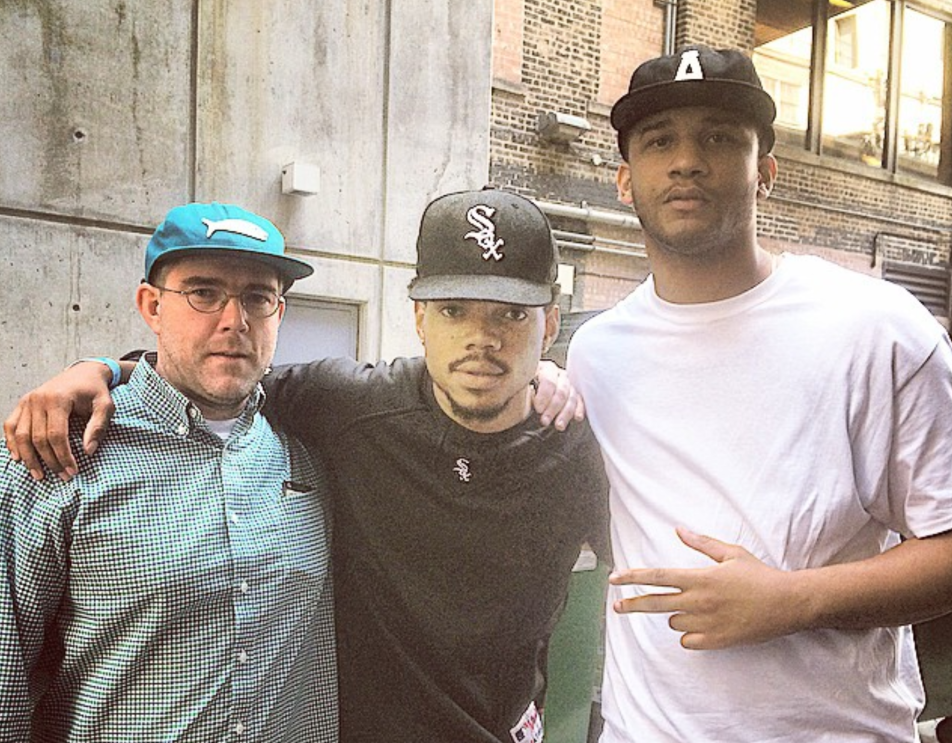 Hinshaw working with Chance the Rapper at an event for Vans.
Hinshaw working with Chance the Rapper at an event for Vans.Q: What advice do you have for others who want to work toward a job like yours?
Networking is so important. Starting out, I would try to introduce myself to as many people as I could. Opportunities would fall into place from there because people knew that I was connected to artists. A big part of building relationships like this is treating everybody the same and being nice to everyone you encounter. You never know where your next opportunity is going to come from.
Networking is so important. Starting out, I would try to introduce myself to as many people as I could. Opportunities would fall into place from there because people knew that I was connected to artists. A big part of building relationships like this is treating everybody the same and being nice to everyone you encounter. You never know where your next opportunity is going to come from.
As for breaking into the music business, you’ve just got to keep going. In one of my favorite interviews with Nipsey Hussle, he says that what set him apart from his peers is that he just didn't quit. When Nipsey passed, that conversation kept playing over and over in my mind. It seems so obvious, but if you believe something in your heart, go forward until your heart tells you it's time to give it up. Don't let any outside influences encourage you to stop something that you believe in.
Q: How is your team helping customers celebrate Black Music Month?
We're working on a range of Amazon Originals as well as highly curated content to celebrate Black Music Month with Amazon Music listeners. Over the last month, we've had brand new Amazon Original songs from artists like Platinum-selling R&B sensation Queen Naija and two-time Grammy-nominated gospel artist Koryn Hawthorne. And acclaimed R&B artist serpentwithfeet covered Labi Siffre’s “Bless the Telephone.” We also released playlists that highlight regions in the U.S. and their different takes on hip-hop, like Made in the East and Made in the West, which are available now on Amazon Music.
We're working on a range of Amazon Originals as well as highly curated content to celebrate Black Music Month with Amazon Music listeners. Over the last month, we've had brand new Amazon Original songs from artists like Platinum-selling R&B sensation Queen Naija and two-time Grammy-nominated gospel artist Koryn Hawthorne. And acclaimed R&B artist serpentwithfeet covered Labi Siffre’s “Bless the Telephone.” We also released playlists that highlight regions in the U.S. and their different takes on hip-hop, like Made in the East and Made in the West, which are available now on Amazon Music.
One thing we're really ecstatic about is CONNECTED with Wayno, a new monthly show airing on the Amazon Music Twitch Channel that connects the dots between ideas, people, and music through stories told by artists and innovators at the forefront of hip-hop and R&B. He's like hip-hop royalty. He worked with Rocafella in the early days, and he’s contributed a unique voice in the industry over the past several years. Having someone with an authentic voice like him help us celebrate is really exciting. The show premiered June 23 with Wayno's interview with Migos.
Q: Amazon Music also just released the Prime Day Show. Could you tell us about working on that?
Yeah, we were extremely excited to work with Prime Video on the 2021 Prime Day Show, a three-part immersive musical event featuring performances from Billie Eilish, H.E.R., and Kid Cudi, that released June 17. Over the last few months, I’ve been working directly with Cudi and H.E.R.’s team on their episodes, and they’ve really blown me away. The episodes H.E.R. and Cudi have put together are truly next level. All three episodes of the Prime Day Show premiered globally on Prime Video June 17 and are available to all customers for 30 days, with or without a Prime membership.
Yeah, we were extremely excited to work with Prime Video on the 2021 Prime Day Show, a three-part immersive musical event featuring performances from Billie Eilish, H.E.R., and Kid Cudi, that released June 17. Over the last few months, I’ve been working directly with Cudi and H.E.R.’s team on their episodes, and they’ve really blown me away. The episodes H.E.R. and Cudi have put together are truly next level. All three episodes of the Prime Day Show premiered globally on Prime Video June 17 and are available to all customers for 30 days, with or without a Prime membership.
If you enjoyed learning about Timothy Hinshaw’s real (cool) job at Amazon, read more articles from this series here. For more information about opportunities at the company, visit Amazon.jobs.
Trending news and stories


